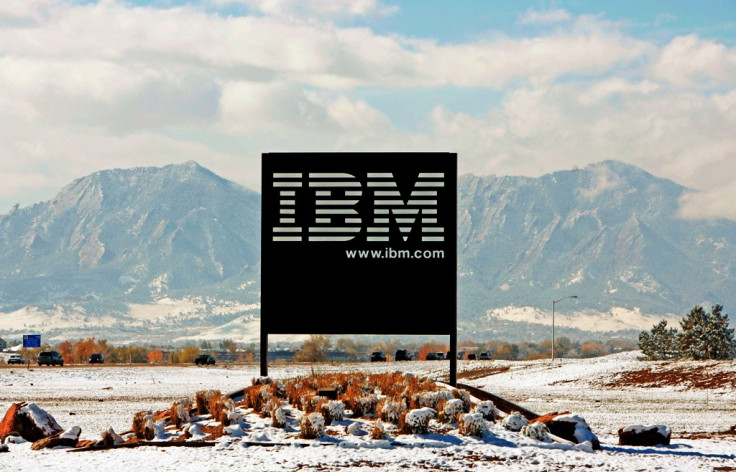IBM launches blockchain trade finance initiative with Dubai government and business partners
IBM blockchain includes Dubai Customs, Dubai Trade and Santander to track the import and export of goods.

IBM has launched a trade finance blockchain initiative with Dubai government agencies, Dubai Customs and Dubai Trade , plus enterprise partners, Emirates NBD, du, Aramex, and Banco Santander.
IBM is collaborating with IT provider DUTECH, to explore the use of blockchain for a trade finance and logistics solution for the import and re-export process of goods in and out of Dubai. Using Hyperledger Fabric and IBM Cloud, the blockchain solution transmits shipment data allowing key stakeholders to receive real-time information about the state of goods and the status of the shipment, said a statement.
Taking the example of a shipment of fruits, stakeholders involved in the process will receive timely updates as the fruits are exported from India to Dubai by sea, and then manufactured into juice in Dubai, and then exported as juice from Dubai to Spain by air.
IBM is also working with du, a UAE-based telecommunications service provider that is conveying data from internet of things (IoT); Emirates NBD Bank, the letter of credit issuing bank; Banco Santander, the letter of credit responding bank; Aramex, the freight forwarder; and a leading Airline, as the airway carrier.
The paper-bearing world of trade finance has been identified as the "perfect" use case for blockchain-based ledgers. The IBM concept also leverages Watson IoT for device-reported data to update or validate code on the blockchain, which carries out business rules. IBM said the system integrates all the key trade process stakeholders from the ordering stage, in which the importer obtains a letter of credit from their bank, through the intermediary stages of freight and shipping, and ending with customs and payment.
In February 2016, the Dubai government declared its interest to position itself as a blockchain hub and embrace the technology. As part of this declaration, the Dubai Museum of the Future Foundation established the 'Global Blockchain Council' in which IBM is a member. Further, Dubai plans to execute all its transactions on a blockchain by 2020, as a part of its "Dubai Blockchain Strategy."
Ali Sajwani, group chief information officer, Emirates NBD Group, said: "The bank has always had a culture of innovation and several of the bank's most successful products and features can be attributed to this forward-thinking mindset. We are excited to participate in the ecosystem on streamlining the trade finance process using the futuristic Blockchain technology, which has the potential of transforming the way we conduct business between heterogeneous entities."
Amr Refaat, general manager, IBM Middle East and Pakistan, added: "IBM believes that blockchain will do for transactions what the internet did for information. Dubai is at the forefront of adopting this transformative technology as government agencies and businesses realise the need to have a shared secured ledger that establishes accountability and transparency while streamlining business processes. Our collaboration today with leading Dubai organisations across different sectors in trade finance and transportation will showcase how blockchain will revolutionise the way businesses interact with one another and with their customers and suppliers."
A recent blockchain study, Building Trust in Governments, by the IBM Institute for Business Value (IBV), found that several governmental organisations are embracing blockchain technology to promote more extensive collaboration. Nine out of 10 governmental organisations plan to invest in blockchain for use in financial transaction management, asset management, contract management and regulatory compliance by 2018. And seven out of 10 government executives predict blockchain will significantly disrupt the area of contract management, which is often at the intersection of the public and private sector.
In the Middle East and Africa, contract management is seen as the most promising new business model for blockchains, which instantiate near immediate and transparent reconciliation among the parties to a contract.
Many players including banks, logistics companies and technology providers have been busily clustering into consortia and proving out trade finance blockchain concepts. IBM draws upon its cloud-based reach, analytics, IoT capabilities and the Hyperledger blockchain fabric to create smart networks and hubs, connecting major trading ports like Dubai and Singapore.
© Copyright IBTimes 2025. All rights reserved.






















